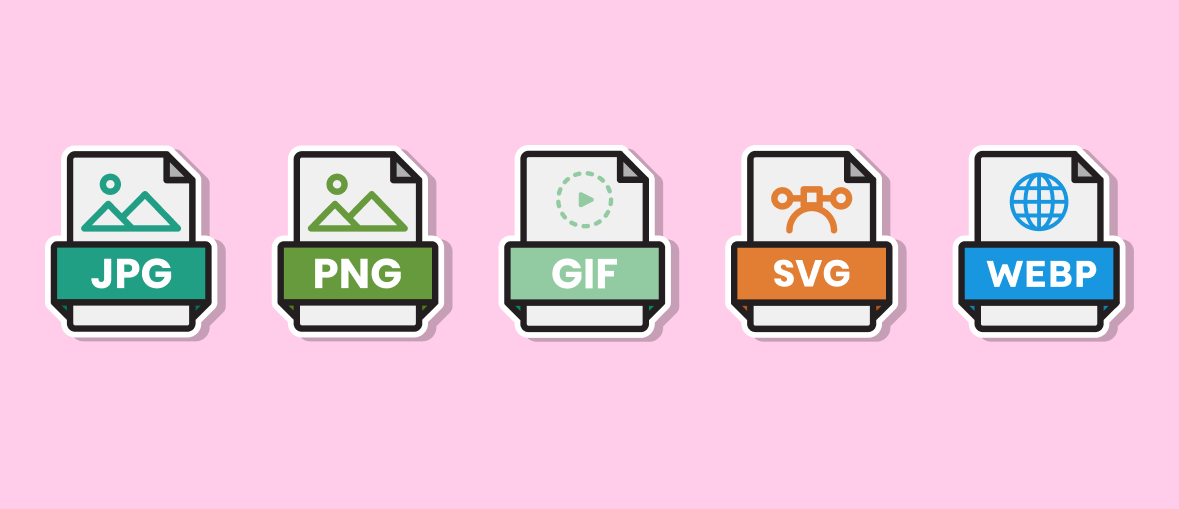In today’s digital age, having an efficient website is non-negotiable. Slow-loading, cumbersome sites drive visitors away faster than you can say “click.” But don’t worry, making your website more efficient doesn’t require a complete overhaul. Here are five quick and effective ways to supercharge your website’s efficiency:
Optimize Your Images: Large images are one of the primary culprits behind slow websites. Use image compression tools to reduce file sizes without compromising quality. Also, consider lazy loading, a technique that loads images only when they appear in the user’s viewport, saving bandwidth and improving load times.

Minify Your Code: Bloated code can significantly slow down your website. Minify your HTML, CSS, and JavaScript files by removing unnecessary spaces and comments. Smaller files mean faster load times.
Leverage Browser Caching: Browser caching allows frequently used resources (like images, stylesheets, and scripts) to be stored locally on a user’s device. This means they don’t need to be downloaded every time a user visits your site, resulting in faster load times for returning visitors.
Reduce HTTP Requests: Fewer HTTP requests mean quicker page loading. Combine multiple CSS and JavaScript files into one to minimize requests. Also, consider using asynchronous loading for non-essential scripts, so they don’t block the rendering of your page.
Content Delivery Network (CDN): A CDN is like a speed booster for your website. It caches your website’s static content on multiple servers worldwide, reducing the distance between your site and users. This results in faster loading times, especially for international visitors.

Incorporating these quick tips into your website management routine can drastically improve its efficiency. Remember, a faster website not only keeps users happy but can also boost your search engine rankings. So, get started today and watch your website go from sluggish to swift in no time!


